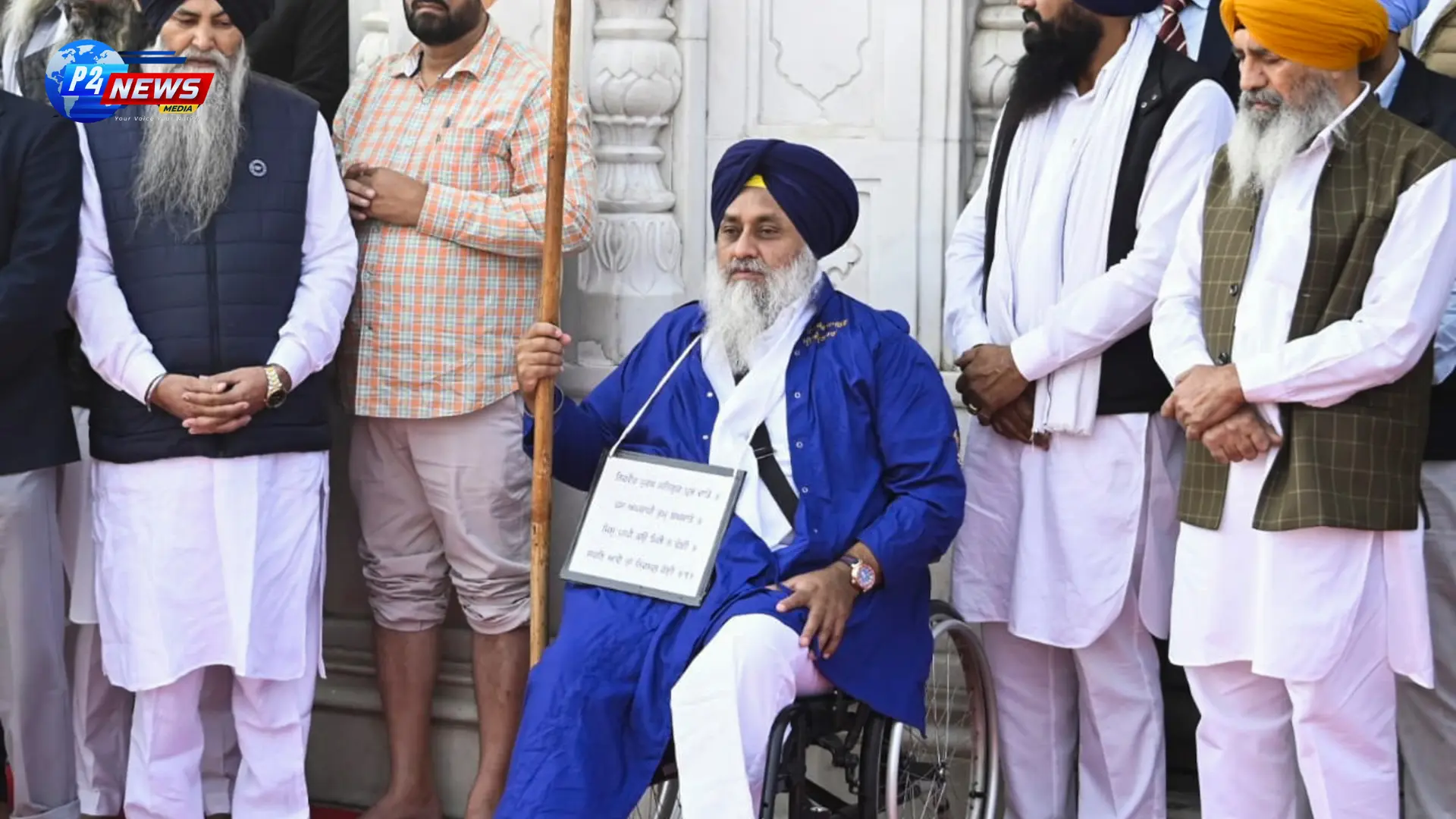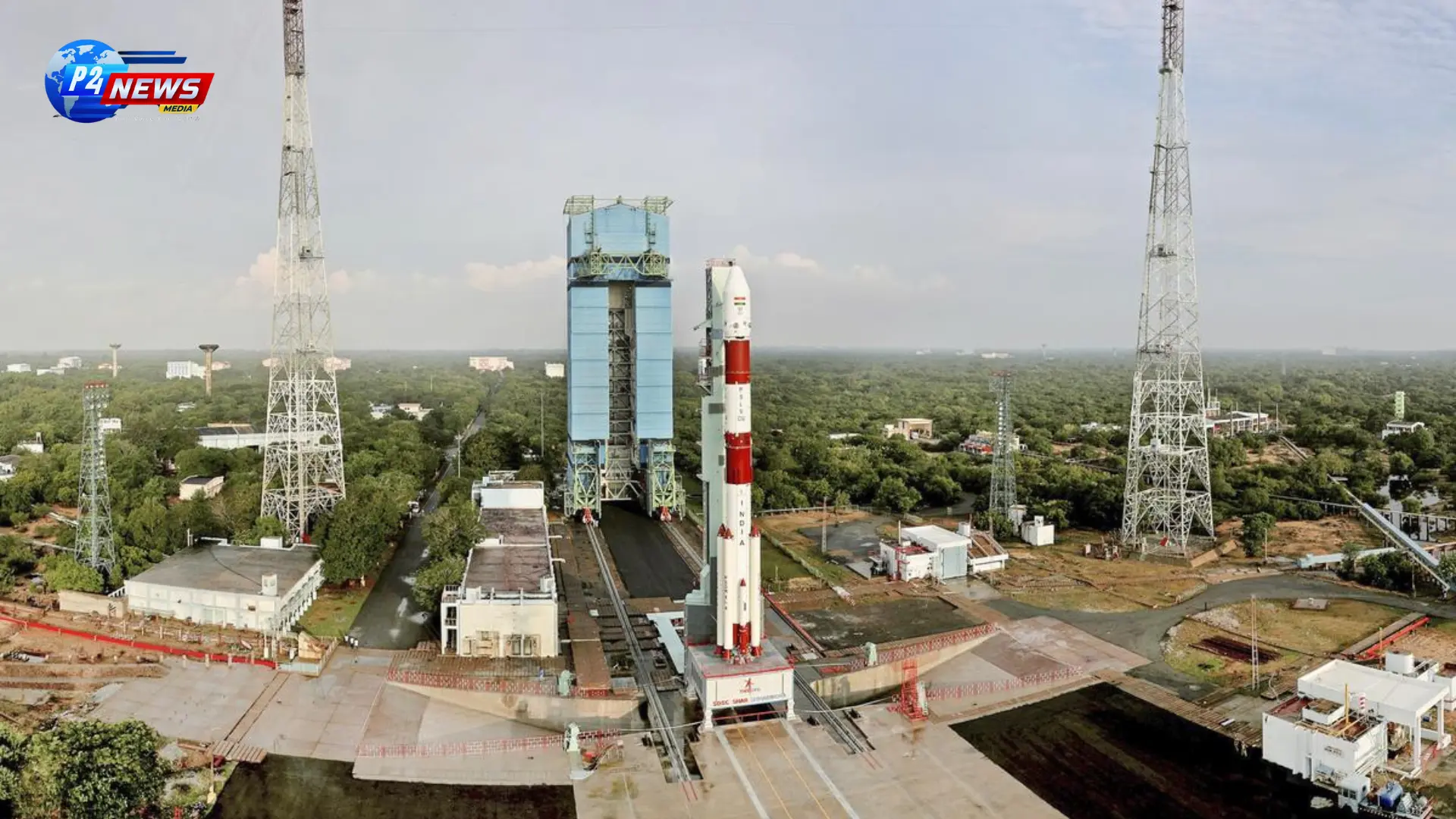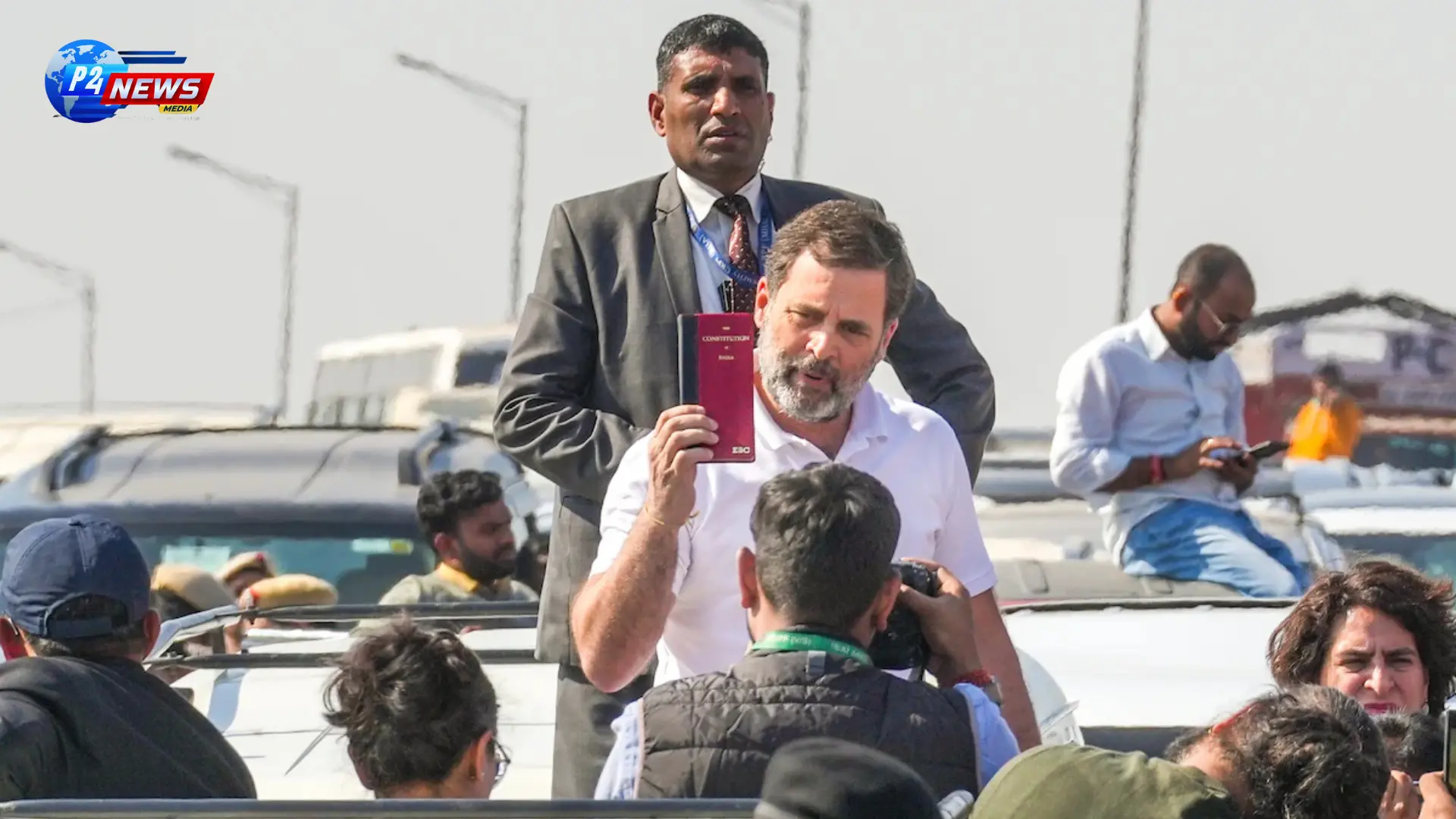The recent attempted assassination of Sukhbir Badal, former Deputy CM of Punjab, has raised questions about his political future. Once celebrated as a successful campaigner and a leader of the Shiromani Akali Dal (SAD), his trajectory is starkly different today, as he faces mounting criticism following the party's decline since losing power. This incident, involving a former militant, not only evokes memories of Punjab's turbulent past but also indicates a potential reset for the beleaguered leader.
The recent attempted assassination of Sukhbir Singh Badal, the ex-president of the Shiromani Akali Dal (SAD) and former Deputy Chief Minister of Punjab, has sparked fresh conversations about the trajectory of his political career. Badal, who once led the SAD to a remarkable victory in the Punjab Assembly elections of 2012, is currently navigating tumultuous waters. Following an attempted assassination while on guard duty at the Golden Temple – a punishment imposed by the Akal Takht – the political landscape appears to be shifting dramatically for the 62-year-old leader.
The accused shooter, Narain Singh Chaura, a figure with a militant background who was associated with the Khalistan Liberation Army during its inception in the 1980s, is now in police custody. This incident resurrects painful memories for many in Punjab, recalling the violence and unrest that plagued the state during those turbulent times. Remarkably, Badal escaped from this brutal encounter unharmed, but this event has reignited discussions about his political legacy and future.
The Akali Dal, historically a dominant force in Punjab politics, has witnessed a steady decline since its defeat in the 2017 Assembly polls, where they managed to secure only 15 out of 117 seats. The Congress party significantly outperformed them, claiming 77 seats. Various elements contributed to this decline, including a series of sacrilege incidents in 2015, rampant drug issues, increasing unemployment rates, an agrarian crisis, and widespread allegations of corruption primarily directed toward Sukhbir Badal, who served as Deputy CM at that time.
Badal has faced constant criticism from rivals and factions within his party alike. During the 2017 elections, this scrutiny intensified as AAP leader Bhagwant Mann employed a satirical song titled “Kikli Kaleer” to draw attention to the alleged failings of Badal and his family. This campaign strategy yielded success for AAP, positioning them as the principal opposition party with a significant gain of 20 seats.
In the aftermath, the Aam Aadmi Party continued its momentum, achieving a resounding victory in the 2022 elections with an astounding 92 seats, while the Congress party garnered a mere 18, and the SAD’s representation shrank to just three seats. This drastic decline has led to a growing discontent among party members regarding Badal's leadership and the party’s direction.
As Punjab grapples with various socio-political challenges, including a deepening drug crisis and unemployment, the question remains whether this assassination attempt could serve as a turning point for Sukhbir Badal. Could it pave the way for a renewed political path or signal the continued decline of a once-mighty party? This prevailing uncertainty continues to shape the political narrative of Punjab as the state's populace watches closely.
The reverberations from this incident will likely affect party dynamics and the broader political landscape. Whether it leads to a rejuvenation for Badal or further complicates his already fraught political journey is yet to be seen. The stakes are high, and the future of the Shiromani Akali Dal hangs precariously in the balance.
















Comments 0